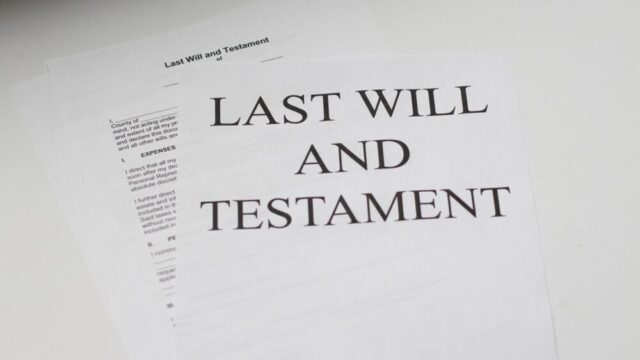Before drafting your Last Will and Testament document, you may carefully study the Commonwealth of Pennsylvania’s estate laws, tax rates, and other relevant regulations. However, these state-specific rules may not be enough to prepare your estate plan if you own other properties in other states. Before this all gets to be too complicated and overwhelming for you, please continue reading to learn whether your will can cover property across multiple states and how an experienced Butler County will preparation attorney at Heritage Elder Law & Estate Planning, LLC can help you handle this correctly.
Does my will have the capacity to cover property in multiple states?
Generally speaking, your Last Will and Testament document may be able to cover your other real estate properties located outside the Commonwealth of Pennsylvania. This may be attributed to the “Full Faith and Credit” clause within the United States Constitution. Here, it is written that courts in one state must recognize and respect the laws and judicial decisions made in other states. In other words, if your will is deemed valid and enforceable in Pennsylvania, it should be considered the same everywhere else. It is still worth reiterating, though, that there are state-specific requirements for executing a will and the overall probate process. So, your other properties may be subject to different regulations and proceedings.
Does my will have to undergo an ancillary probate process?
Say, for instance, you are a permanent resident in a neighboring state. Also, you are the sole owner of a real estate property in the Commonwealth of Pennsylvania. Then, your property may need to undergo an ancillary probate process, conducted by the Pennsylvania probate court, upon your passing. This is essentially necessary because real estate property is always governed by the law of the state where it is located, rather than the state where the owner primarily resides.
And so, at this time, your out-of-state executor may need to acquire new letters of authority from the local Pennsylvania court to start the process of handling your estate administration here. Again, thanks to the “Full Faith and Credit” clause, the court may quickly accept the will as valid if it was already established as such out of state. From here, the court may simply reference the will to distribute your Pennsylvania real estate property as you wished.
As you may guess, requiring an additional probate process may be more costly and time-consuming for the loved ones you leave behind, especially your appointed executor. With that, you should know that there may be legal avenues to avoid ancillary probate, without necessarily giving up your out-of-state property. In conclusion, if you find yourself up against this, please do not go through it alone. Instead, pick up the phone and speak with one of the skilled Butler County estate planning & probate attorneys. Our team at Heritage Elder Law & Estate Planning, LLC, wishes to aid you during this difficult point in time.







